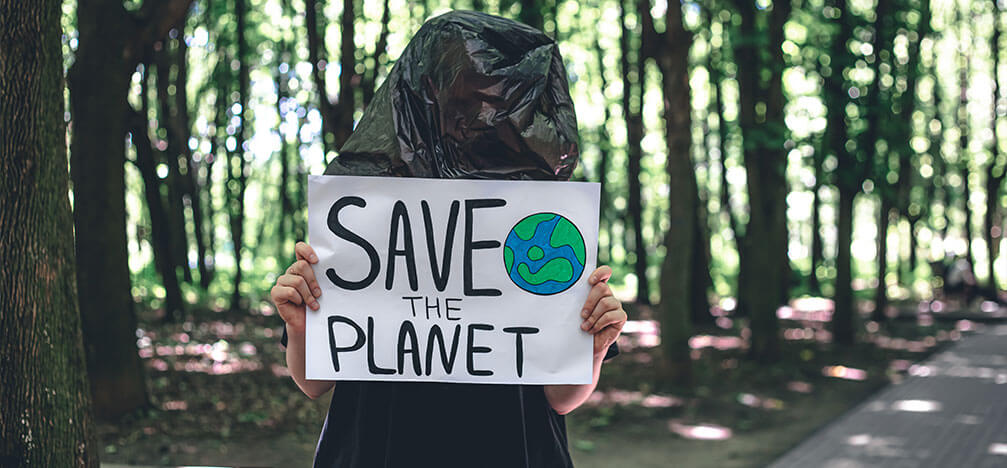
How Bamboo Products Overcome Environmental Challenges
The term “made from bamboo” describes various products, including toothbrushes, toothbrush travel cases, coffee mugs, water bottles, cutlery sets, eco-friendly corporate gifts, and many more. Bamboo is the ideal material for daily used products as a substitute for plastic. In addition to being biodegradable and renewable, Bamboo products are sturdy and long-lasting. No chemicals and Non-renewable sources are used to cultivate and harvest bamboo, which is why known as stunning and organic. In this blog, we will discuss how bamboo products tackle the challenges of a deteriorating environment.

Is it Possible to Be Eco-Friendly in Many Different Ways?
Bamboo plastic composites’ environmental friendliness will be judged only on these two criteria:
- Biodegradability
- Safe Disposal
This debate focuses on how the chemicals used to make composite cookware respond to heat and acidic foods. Since fossil fuels are non-renewable on a human timescale, bioplastics may be justifiable. Instead of petroleum which use to make plastic products, our region’s crop waste(such as wheat staw) could be used to make Biodegradable commodities. Complete supply chain and production procedures have been evaluated continuously for a bamboo product’s environmental credentials, which make people confident to use.

Can you tell me whether bamboo plastic decomposes in nature?
Biodegradability isn’t always straightforward to assess. Bamboo fibers are biodegradable; however, epoxy resin itself hinders biodegradation. Bamboo fibers and epoxy resins composite may not be a harmful, which makes the product long-lasting, strengthen, and eco-friendly.
Biodegradation of bamboo-made products takes how long?
Many weeks or even years might pass before the biodegradation process is complete, depending on product and compost conditions. For example, a bamboo toothbrush in a home composting bin decomposes in around four to six months, whereas it takes five to ten years to disintegrate if left out in the open. Ergo, bamboo products are still known as more Eco-friendly than plastic which took over 400 years to decompose in a landfill.

For biodegradation to occur, what circumstances must exist?
Bamboo products decompose under proper conditions such as Dampness, heat, oxygen, and bacteria will degrade bamboo within weeks. Bamboo trash degrades fast in landfills.
Is the biodegradation process responsible for the release of hazardous byproducts?
Bamboo waste that ends up in a landfill will degrade quickly. Composting old bamboo goods at home is another method. They decompose just as soon as the rest of the materials, and replenish the nutrients in your plants and soil.

Which Is Better: Purchasing or Not?
Buyers may not always have reliable information about different products. To ensure a product is biodegradable, we must know its epoxy resin and additive ratios. Most bamboo products are chemical-free and biodegrade quicker in composting facilities than in landfills or the ocean. A 40-60% bamboo product is more sustainable than a 100% plastic one since it creates less plastic waste. This is a valid point. Our strong commitment to purchasing them leads to reducing environmental plastic waste.

To recapitulate, Using bamboo as a replacement for plastic in everyday items is excellent. Bamboo’s natural antibacterial properties can acquire without using chemicals, and it can also produce more oxygen and less carbon dioxide. The biodegradation process of bamboo products is faster than nasty plastic. If we all do our part in protecting our planet, we can make a collective impact in alleviating the amount of waste produced.

